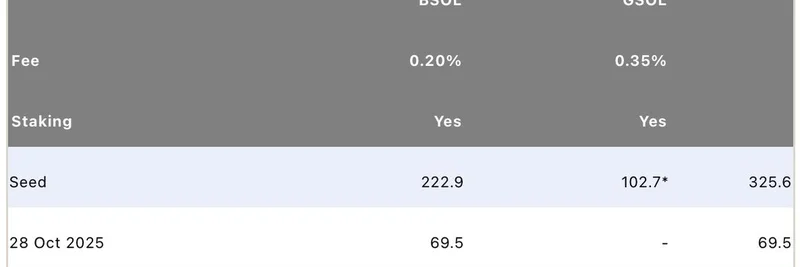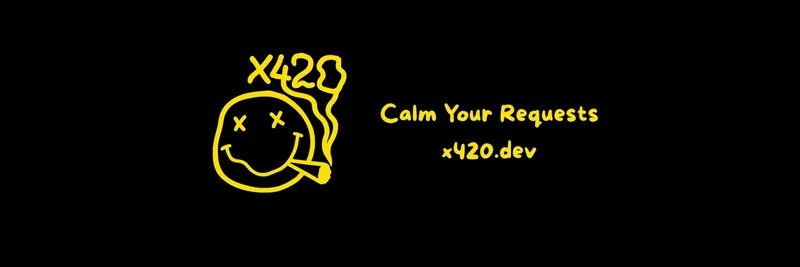In a recent episode of The Rollup podcast, Vaughn McKenzie-Landell, co-founder of Butter, shared insights on a bold proposal to overhaul Uniswap's governance system. The idea? Swap out traditional on-chain voting for something called futarchy, which leverages prediction markets to make decisions. If you've been following DeFi trends, this could be a game-changer for how decentralized autonomous organizations (DAOs) operate, including those behind popular meme tokens.
On-chain voting, where token holders cast votes on proposals, has been the go-to method for DAO governance. But as Vaughn pointed out, it's often "underwhelming and unsatisfactory." Issues like low participation, whale dominance (where big holders sway outcomes), and misaligned incentives can lead to suboptimal decisions. That's where futarchy comes in—a concept coined by economist Robin Hanson that essentially means "vote on values, but bet on beliefs." In simple terms, it uses prediction markets to forecast the outcomes of decisions before they're implemented.
Here's how it works: Instead of just voting yes or no, participants bet on the potential impact of a proposal using market mechanisms. For example, in a prediction market, you might buy shares that pay out if a certain metric—like total value locked (TVL)—hits a target after the proposal passes. The market price reflects the collective wisdom of bettors, who have skin in the game since they're risking real money. If the market predicts a positive outcome, the proposal goes through; otherwise, it's scrapped.
Vaughn highlighted a real-world test Butter ran with Uniswap. They set up a market to estimate what UniChain's TVL (UniChain is Uniswap's dedicated Layer 2 blockchain for faster, cheaper swaps) would be in a month if specific protocols received $100,000 in funding. The results? Morpho Labs, a lending protocol, got the funds and delivered a "fairly significant leap in TVL" over that period. This experiment shows how futarchy can align incentives and lead to measurable growth, rather than relying on subjective votes.
For meme token enthusiasts, this is particularly exciting. Many meme projects run on DAOs where governance can feel chaotic or influenced by hype rather than data. Imagine applying futarchy to decisions like community fund allocations or marketing campaigns—bettors could predict metrics like token price surges or holder growth, ensuring only high-impact ideas get the green light. It could reduce rug pulls and pump-and-dump schemes by tying decisions to verifiable outcomes.
Butter, the protocol behind this push, has already secured grants from the Uniswap Foundation to build Conditional Funding Markets (CFMs), their take on futarchy. These markets allow DAOs to fund initiatives only if they meet predefined success criteria, minimizing waste and maximizing returns. As Vaughn explained, it's about using markets "to predict the impact of decisions before we make them, then using the predictions to make the decision."
This proposal ties into broader experiments in the ecosystem. For instance, Optimism, another major Layer 2 network, has tested futarchy for grant allocations, showing promising results in efficient resource distribution. If adopted by Uniswap—one of DeFi's giants—it could set a precedent for other projects, including those in the meme space where quick, informed decisions are crucial.
While futarchy isn't without challenges—like ensuring market liquidity or preventing manipulation—its potential to make DAOs more effective is undeniable. As blockchain tech evolves, tools like this could help meme tokens transition from viral sensations to sustainable communities.
Check out the full clip from The Rollup here to hear Vaughn break it down himself. And if you're curious about Butter's work, head over to their docs for a deeper dive.
What do you think—could futarchy be the future of DAO governance? Let us know in the comments!


